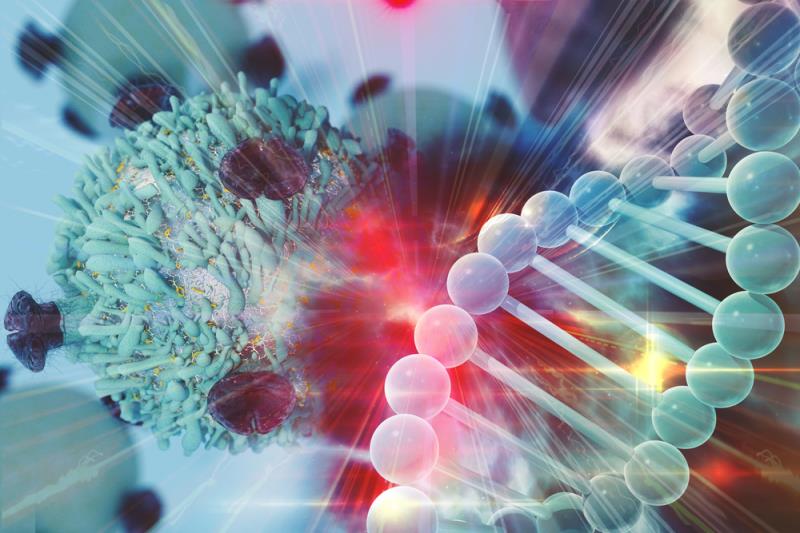Study reveals genomic landscape of KRAS G12C mutations in Chinese patients





A recent study involving 11,951 tumour samples has revealed the genomic landscape of KRAS G12C mutations in Chinese patients.
The tumour samples, collected between November 2016 and July 2019 from multiple centres in China, were analyzed for KRAS mutation status, with concomitant genomic aberrations further analyzed in tumours harbouring KRAS G12C mutations. [Transl Lung Cancer Res 2020, doi: 10.21037/tlcr-20-455]
KRAS mutations were identified in 16.6 percent of all tumour samples and were most commonly found in pancreatic (81.5 percent), colorectal (48.9 percent) and biliary tract (23.5 percent) cancer.
Compared with the COSMIC database of a predominantly western population, the incidence of KRAS mutations was higher in the current cohort of Chinese patients with pancreatic (81.5 percent vs 56.8 percent; p<0.001), colorectal (48.9 percent vs 33.5 percent; p<0.001) and gastric (10.3 percent vs 5.9 percent; p<0.001) cancer, but lower in those with lung cancer (11.7 percent vs 17.3 percent; p<0.001). [JAMA Surg 2015;150:722-729]
G12C mutations accounted for 14.5 percent of all KRAS mutations and were most commonly found in lung (4.3 percent), colorectal (2.5 percent) and biliary (2.3 percent) cancer. Almost all patients (99.6 percent) with KRAS G12C mutations had concomitant genomic aberrations, which were most commonly associated with the RAS/RTK pathway, including BRAF and PI3KCA mutations.
Analysis of 2,235 lung cancer cases in the cohort showed a positive correlation between KRAS mutation and smoking status.
“Preliminary data on AMG 510, a first-in-class small molecule KRAS G12C inhibitor, showed clinical efficacy on KRAS G12C–mutated non-small-cell lung cancer but not colorectal cancer,” the researchers noted. “Understanding of the comprehensive landscape of KRAS G12C mutations across different tumour types, ethnicities and tobacco exposure is crucial for future development of this class of agents.”